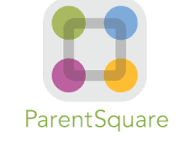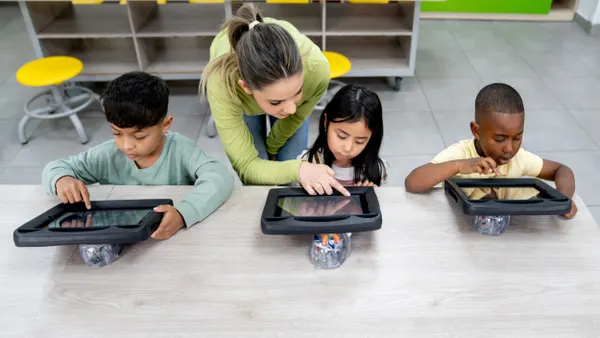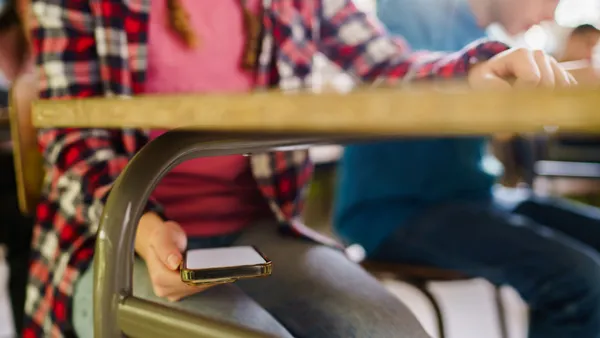Dive Brief:
- Dale Dougherty, one of the “founding fathers” of the maker movement and author of the new book “Free to Make: How the Maker Movement is Changing Our Schools, Our Jobs and Our Minds,” recently spoke with NPR about takeaways for schools.
- While project-based learning has become popular among teachers and administrators, Dougherty makes a distinction between projects that are pre-packaged by teachers and assigned to students and those that students define or develop themselves, fostering a level of intrinsic motivation to solve the problem and find answers.
- In the latter model, teachers serve as facilitators, helping students master the processes involved in learning rather than just the content knowledge at the end, and Dougherty believes this can be incorporated into a curriculum even if it might not be as efficient as more standardized learning strategies.
Dive Insight:
Schools around the country have figured out how to squeeze makerspaces into their buildings. Some are integrated into classroom instruction, serving as a resource for interdisciplinary projects. Others are used for after-school clubs, giving students a chance to tinker and explore. Some businesses and nonprofits are filling gaps in school capacity by creating mobile makerspaces or opening their own doors to students.
While some schools have the resources or have secured donations to pour thousands of dollars into makerspaces, others are making do with much less money. If the key is giving students opportunities to take control of their own learning, expensive technology is not necessarily required. The pedagogy behind it is most important.












